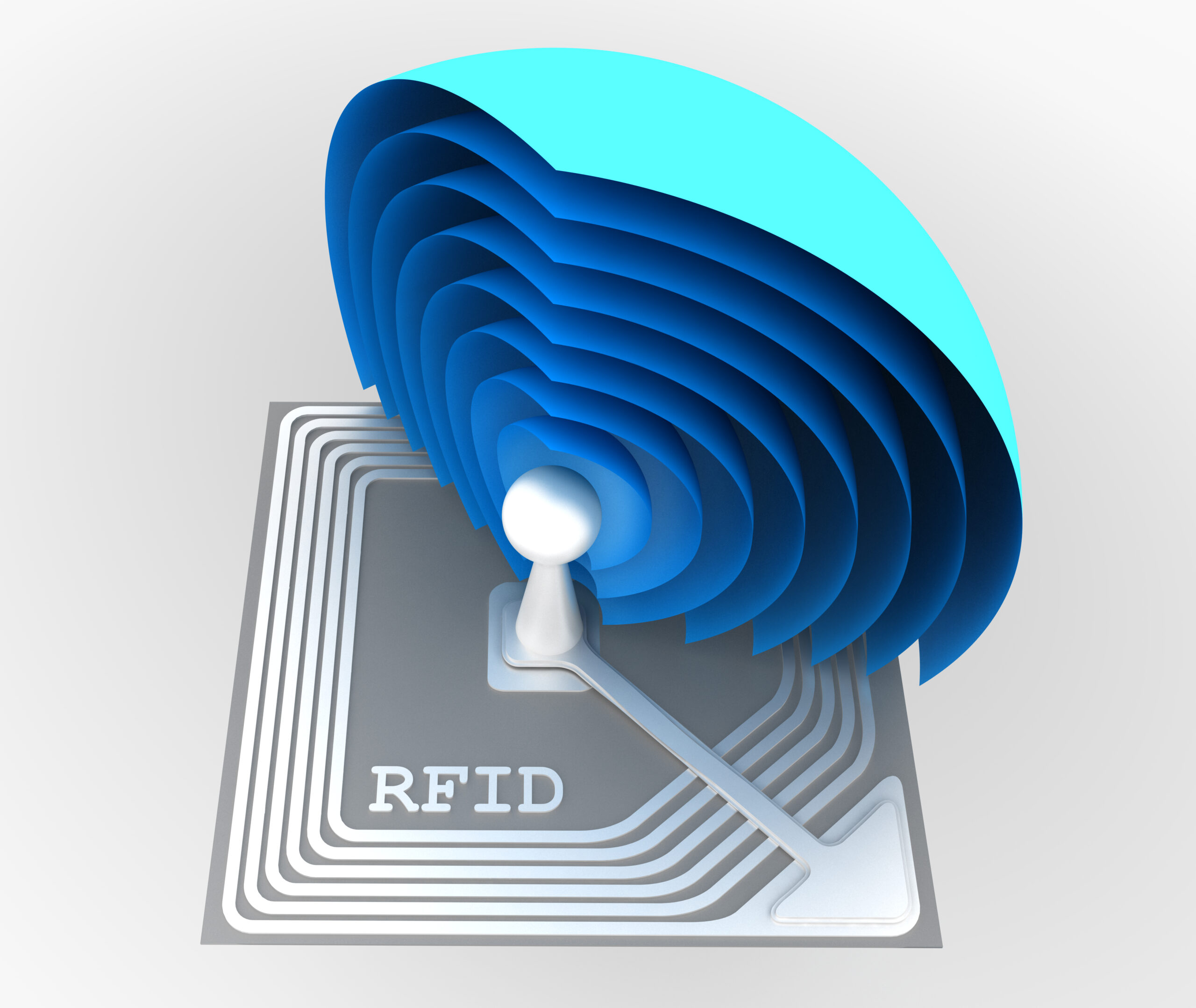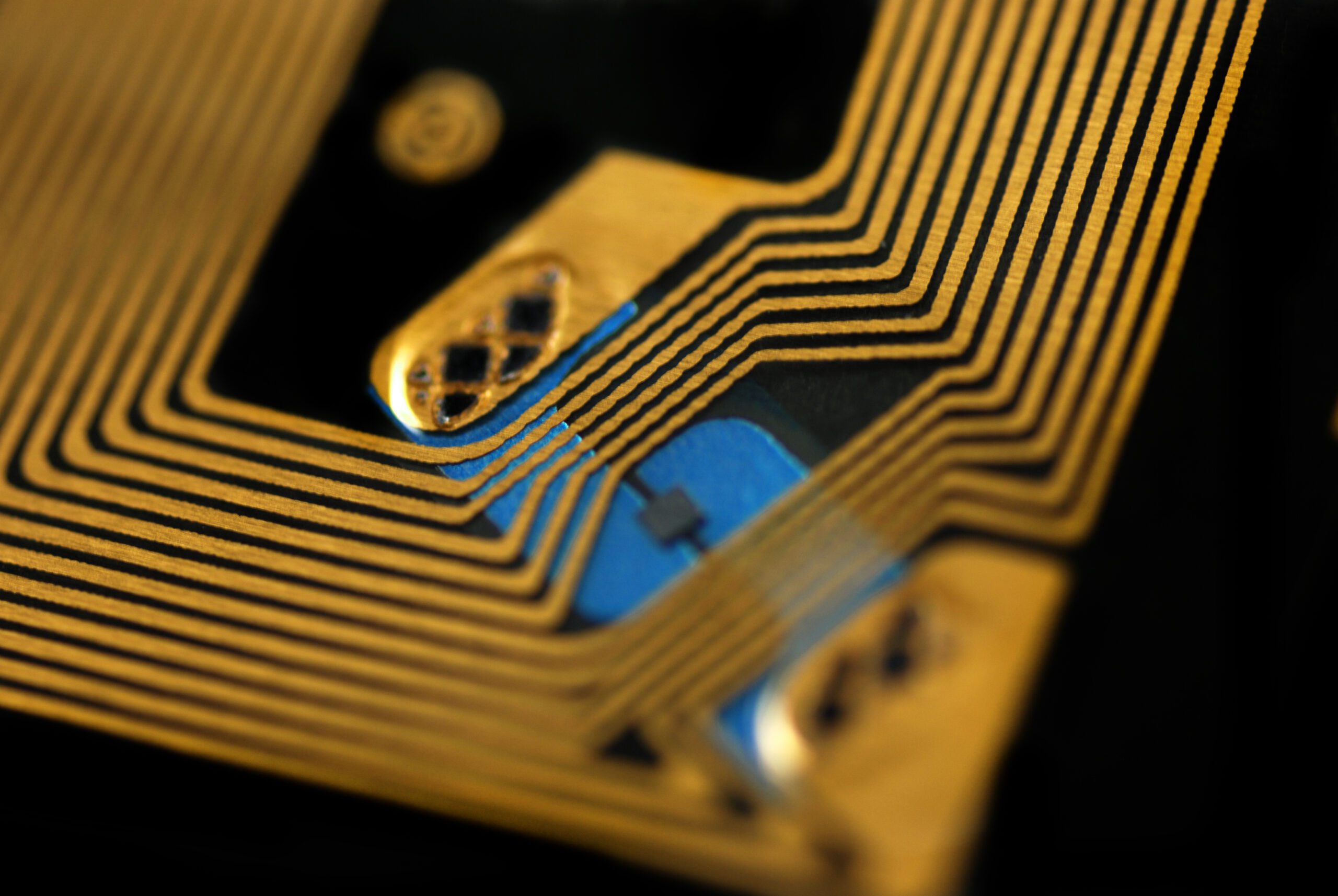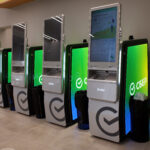The COVID-19 pandemic has brought unusual challenges to workplace safety and health. As businesses desire to shield their employees and maintain operations, innovative technologies have played a vital part in mitigating the hazards associated with the virus.
One such technology is Radio Frequency Identification, which has appeared as an assertive tool for enhancing worker safety during these uncertain times. Explore the specific benefits and applications of RFID smart trolley technology in relation to worker safety during the pandemic.
RFID (Radio Frequency Identification) technology offers a range of advantages in the context of worker safety during the COVID-19 pandemic. By utilising RFID systems equipped with RFID, businesses can improve safety practices, optimise workflow, and minimise human contact.
In what ways RFID technology aids those who offer medical treatment during the pandemic?
From expediting patient identification and tracking medical assets to ensuring efficient vaccine distribution, RFID’s capabilities have proven to be invaluable in the ongoing battle against infectious diseases.

Ensure exquisite hygiene procedures & practices
RFID technology aids in ensuring exquisite hygiene procedures and practices in medical treatment settings. By attaching RFID tags to equipment, instruments, and even hand sanitisers, healthcare providers can automate the tracking and monitoring of their usage and sterilisation status.
This integration of RFID smart trolley with inventory management systems enables accurate tracking of the sterilisation cycles of medical equipment, ensuring they are properly sanitised before reuse. RFID advantages ensure a high level of hygiene and reduce the risk of cross-contamination, promoting the safety of both medical staff and patients.
Enhanced management of personal protective equipment and scrubs
RFID technology enhances the management of personal protective equipment (PPE) and scrubs, which are essential for protecting healthcare workers during the pandemic. By utilising RFID tags on PPE items such as masks, gloves, gowns, and scrubs, healthcare providers can track their usage, availability, and sanitisation status.
This enables efficient inventory management and ensures that healthcare workers have access to clean and properly fitting equipment when needed. RFID technology optimises the utilisation of PPE resources, reduces shortages, and enhances worker safety.
Allows for accurate tracking and monitoring of vaccination temperatures
Accurate tracking and monitoring of vaccination temperatures are critical for maintaining the effectiveness of vaccines. RFID technology enables healthcare providers to track and monitor vaccination temperatures in real time. By integrating RFID tags with temperature sensors, the system can ensure that vaccines are stored within the required temperature range.
This prevents spoilage or loss of potency due to temperature deviations, ensuring that vaccines remain effective when administered to patients. RFID smart tool trolley technology contributes to successful vaccination campaigns during the pandemic and ensures worker safety by maintaining the integrity of the vaccines.
If a hospice were to use RFID tool tracking systems, what would be the benefits?
In a hospice setting, the seamless and efficient management of tools and medical equipment is of utmost importance to ensure high-quality patient care. To streamline operations and enhance resource utilisation, hospices can consider implementing RFID (Radio Frequency Identification) tool tracking systems.
If a hospice were to implement RFID smart trolley tool tracking systems, it would bring several benefits to its operations. Here are some of the advantages:
Improved inventory management
RFID tool tracking systems enable accurate and efficient inventory management in a hospice setting. Each tool or medical equipment can be equipped with an RFID tag, allowing for easy identification and tracking.
With RFID readers placed strategically throughout the facility, staff can quickly locate and retrieve the required tools when needed. This reduces time wasted searching for tools, ensures their availability, and optimises resource utilisation.
Reduced loss and theft
Tools and medical equipment are valuable assets for a hospice, and their loss or theft can be detrimental to operations. RFID smart trolley tracking systems help mitigate this risk by providing real-time visibility into the location and movement of tools.
If a tool is removed from its designated area without authorisation, the RFID system can trigger alerts, allowing staff to respond promptly and prevent potential theft or loss. This enhances security and reduces the financial impact of lost or misplaced tools.

Enhanced workflow efficiency
RFID tool tracking systems streamline workflow processes in a hospice environment. Caregivers and medical staff can quickly locate and retrieve the required tools, improving efficiency and reducing delays in patient care.
Moreover, RFID smart trolley technology enables automated tracking of tool usage, maintenance schedules, and sterilisation cycles. This ensures that tools are properly maintained and available for use when needed, minimising disruptions in patient care due to faulty or unavailable equipment.
Cost savings
Implementing an RFID tool tracking system can lead to cost savings for a hospice. By effectively managing tool inventory and reducing loss or theft, hospices can avoid unnecessary expenses associated with replacing lost tools or purchasing duplicates.
Additionally, improved workflow efficiency and reduced downtime contribute to overall cost savings by maximising staff productivity and optimising patient care.
Regulatory compliance
Hospices are subject to regulatory requirements, including documentation and traceability of tools and medical equipment. RFID smart trolley tool tracking systems provide accurate and reliable data for compliance purposes.
The system can record details such as tool usage, maintenance history, and expiration dates, facilitating regulatory audits and ensuring adherence to quality standards.
Data analytics and reporting
RFID smart trolley tool tracking systems generate valuable data that can be leveraged for data analytics and reporting purposes. The system can provide insights into tool utilisation patterns, maintenance needs, and replacement cycles.
This data-driven approach enables hospice administrators to make informed decisions regarding resource allocation, equipment upgrades, and budget planning.
Summary
During the COVID-19 pandemic, ensuring worker safety has become paramount for businesses. RFID (Radio Frequency Identification) technology, with the help of RFID smart trolley, offers several advantages in enhancing worker safety during these challenging times.
By integrating RFID technology into various systems and processes, businesses can enhance worker safety in several ways. RFID smart trolley provides contactless identification and access control, reducing the risk of virus transmission through shared surfaces.
It also enables the monitoring and enforcement of social distancing protocols by tracking the proximity of workers and issuing alerts when safe distances are not maintained.



